Jump to a section:
Why is action important to advance inclusion and justice?
Your group will have bonded through icebreakers and discussions, and everyone will have learned new terminology, thought in new ways, or built new skills for social change. All of these building blocks are important for a young person’s individual development. But how will we achieve justice and inclusion without making structural and institutional change?
Action is where the rubber meets the road. This is the step in the process where hopes, ideas, brainstorming, thinking, and wishing need to be shifted into doing. If your group does not take action, how will your school or community be any different for the students who come after you? How will they be any closer to inclusion and justice?
What is an Action Project?
An action project is an ambitious capstone project created by students in a club aimed at addressing a specific social issue. This is the culmination of a year-long process the group has gone through.
Every school and community faces unique challenges to full inclusion and justice, so every group is encouraged to brainstorm an action project that is most relevant for them and their community.
It’s important to distinguish an action project from other efforts. Bringing in a guest speaker for a one-time talk, doing community service for a few hours, or watching a movie and having a discussion, while all important, do not rise to the level of action we are encouraging at this stage. An action project should be ambitious in advancing inclusion and social justice in a meaningful way. Consider root causes of the injustice your group is looking to address, and then craft an action project that strikes at the heart of those root causes. This is the time for big, bold ideas to make change.
Steps for a Successful Action Project
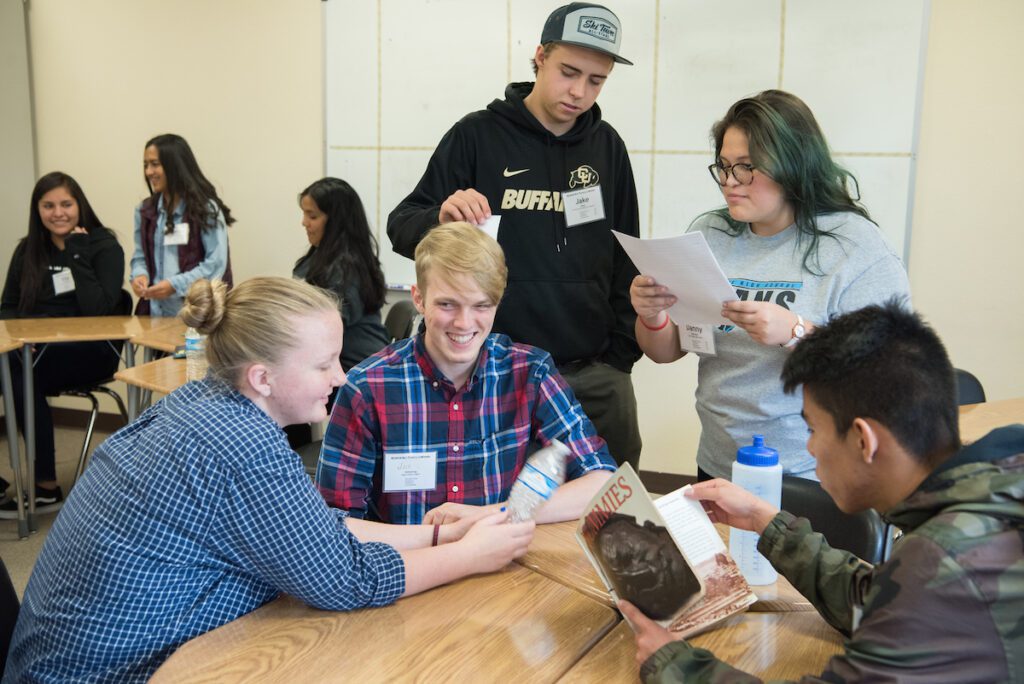
Identify Your Issue
In general, we recommend a single, major project for the group to pursue so that it will be effective and have the whole group’s attention and effort.
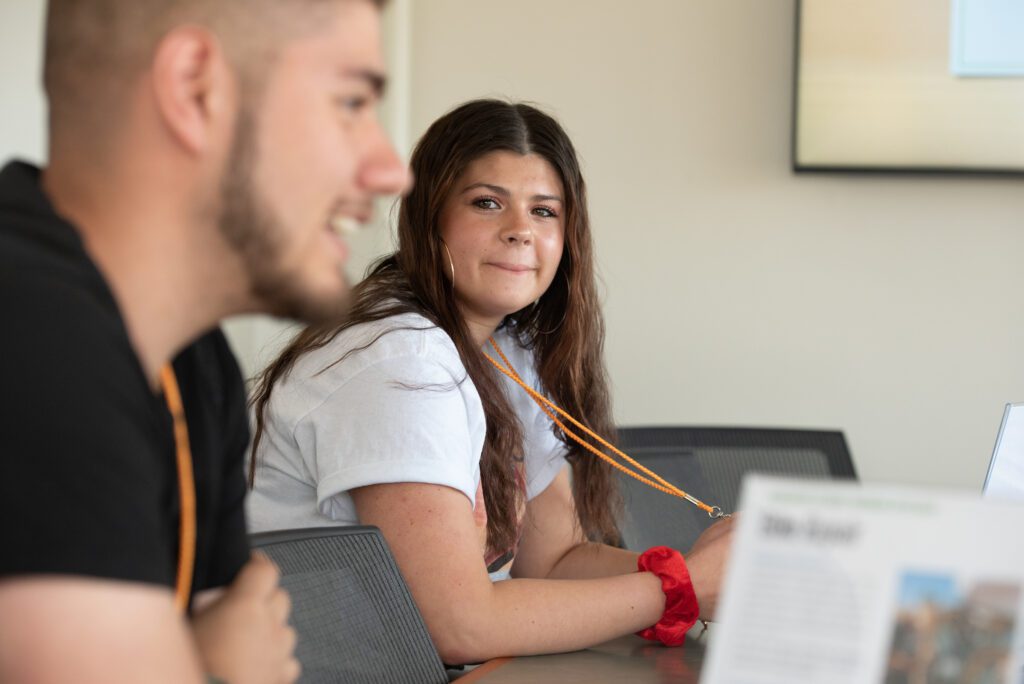
Learn about Your Issue
Before starting your project, it’s critical to educate your group members so they go into the project with the right background knowledge and context. The last thing you want is to come across as ill-informed when meeting with key stakeholders!
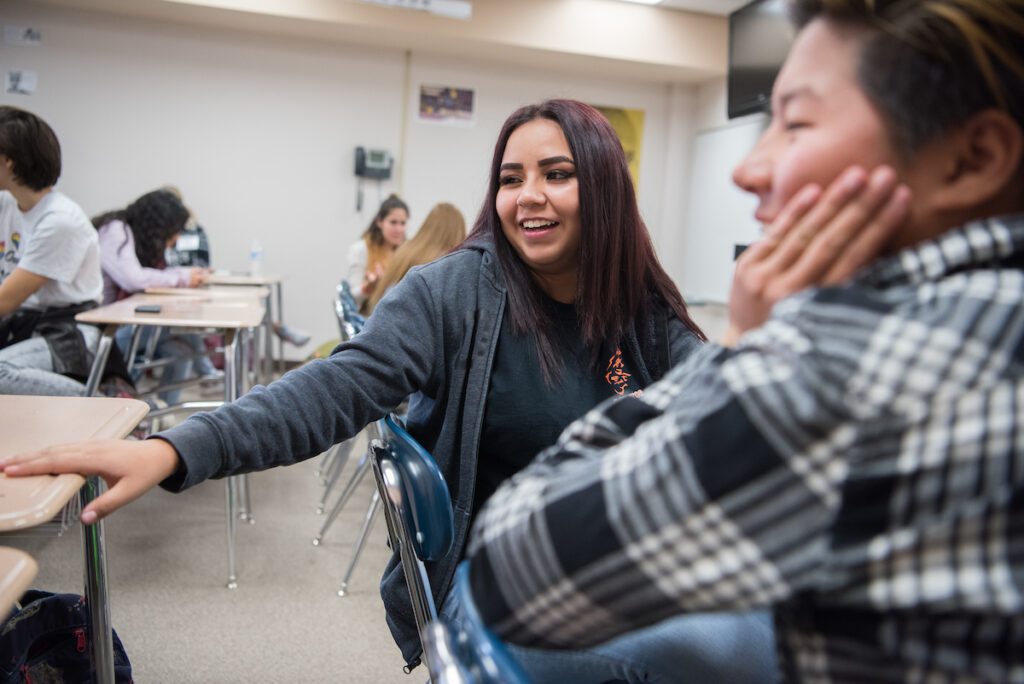
Plan Your Project
The planning process typically requires at least 3-4 weeks before you can implement. Key questions to consider include: who is your audience for the project? What tactics and strategies will you use for your project? What is your timeline for the project? Will your project require funds or money to be implemented? How will you measure success? YCD provides an Action Project Guide to help groups navigate through these questions and issues.
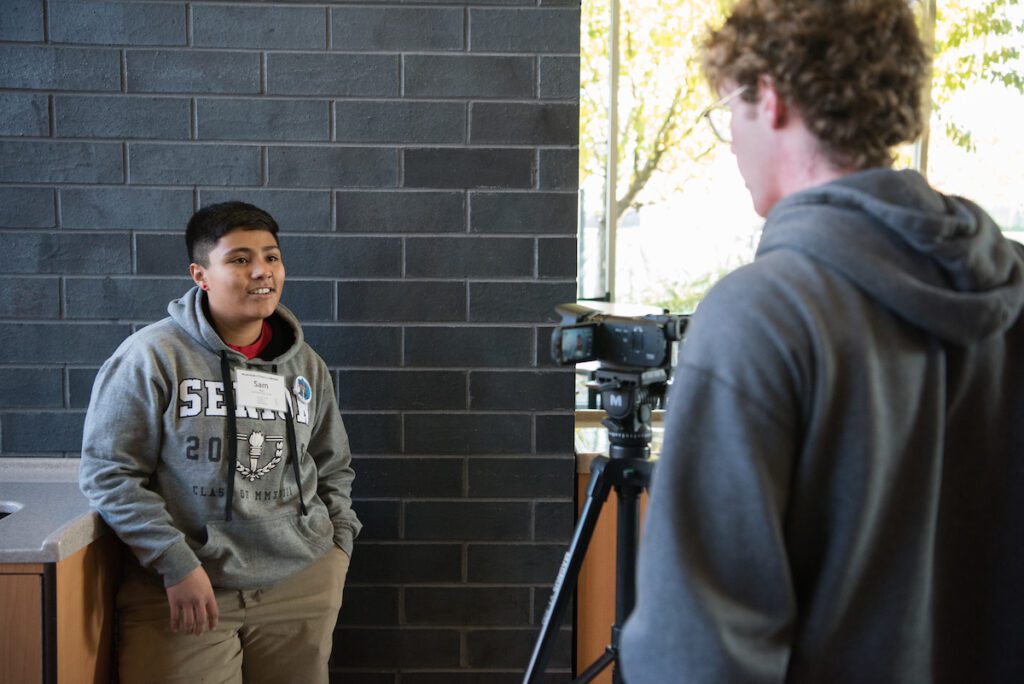
Implement Your Project
Time to bring your project to life! During this phase, ensure each member has a defined role, and that communications among group members are clear. Many times implementing your project will go faster than the planning process. Ensure the group is coordinated and working inclusively throughout this time.
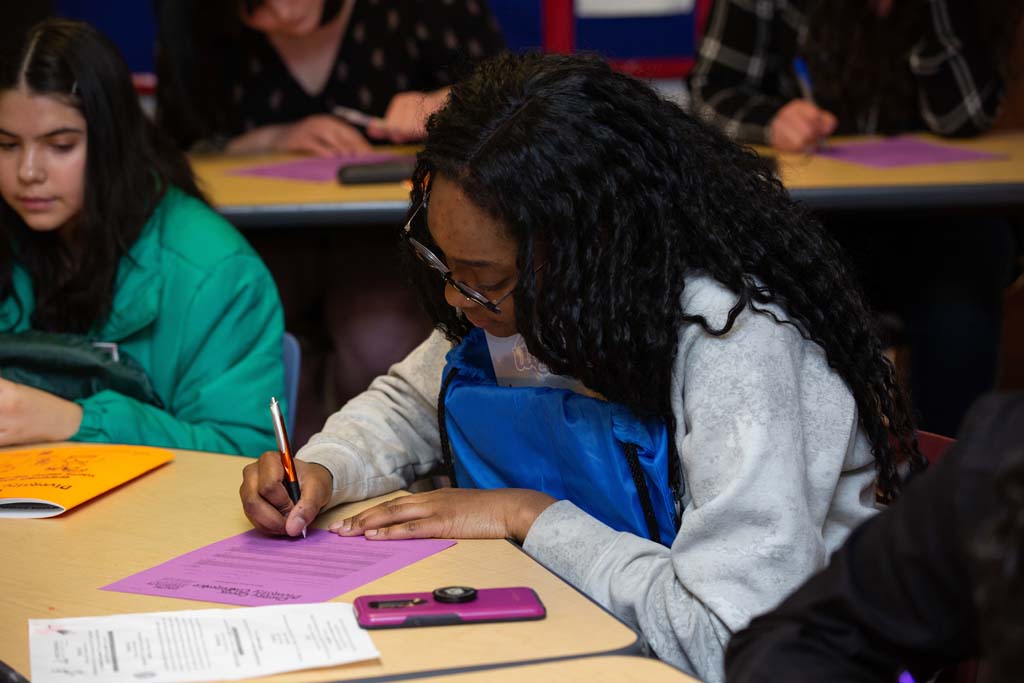
Evaluate Your Project
You will have created an evaluation plan as part of your planning process. Make sure while implementing your project that you take the time to conduct evaluations with your audience, so you can demonstrate the impact of your work.
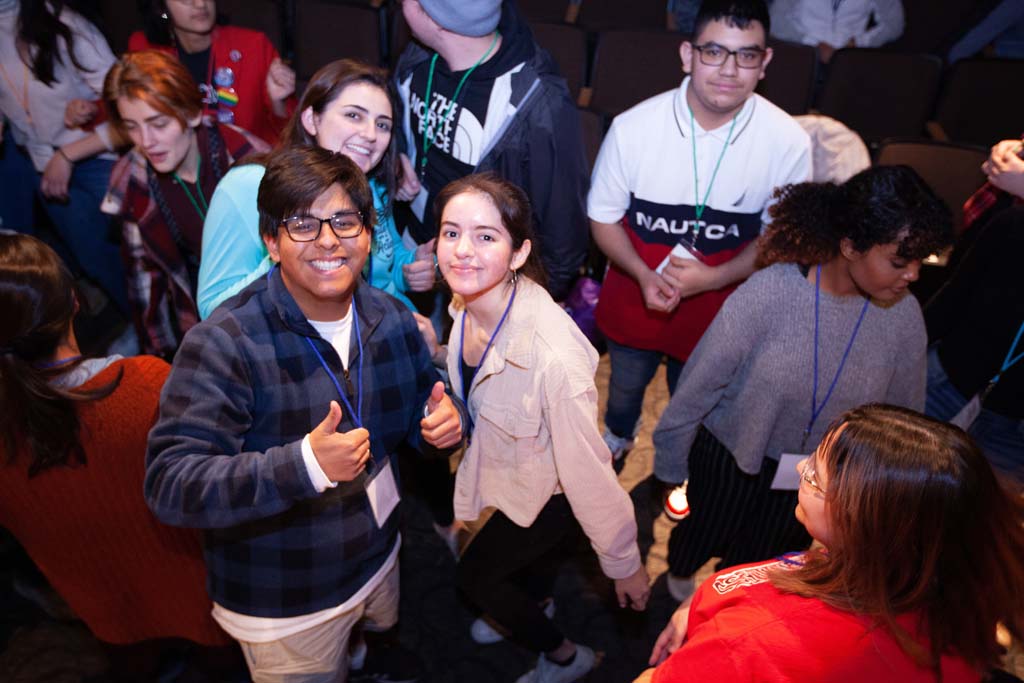
Celebrate!
Ensure your group or club’s final meeting of the year is a celebration of everything you’ve accomplished. Think back on where you started, the process you went through, the highs and lows, and what you’ve accomplished. Even if the issue you chose to address is not fully resolved, take pride in your effort and how your school or community is a changed place because of your work.
How YCD Helps Your Group with an Action Project
In addition to providing an Action Project Guide free of charge, which includes many more details on each of these steps, YCD chapters also gain these tools to help with action projects:
- Reminders and suggestions to nudge your group through the process
- Webinars and virtual trainings throughout the school year
- Feedback, suggestions, recommendations, and guidance from YCD staff
- Ideas for funding sources and opportunities
- Connections and introductions to groups in your region that may be pursuing similar projects or issues
- Sharing success stories from across the YCD network
How do I get started / sign up?
YCD is building and supporting chapters across the country! Click the button below to start the process of either beginning/joining a chapter, or registering an existing group as a chapter.